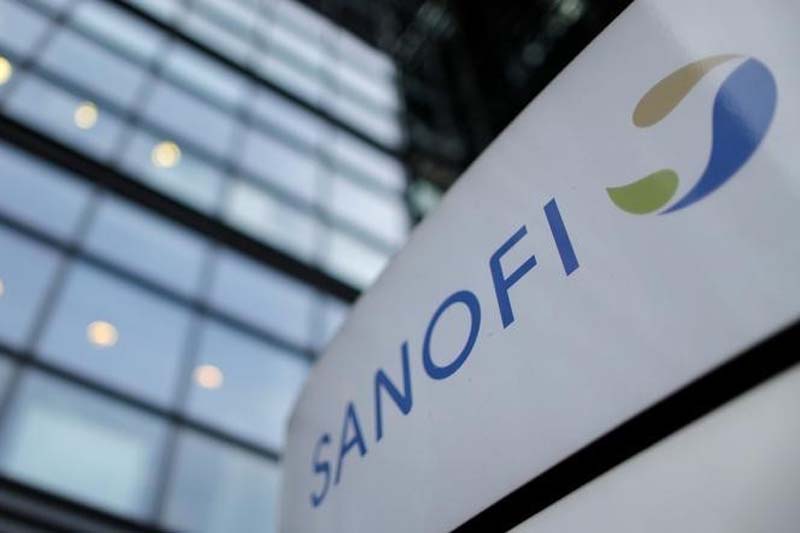Philippines orders probe into vaccine, Sanofi says no deaths reported
MANILA: The Philippines ordered a probe on Monday into the immunisation of more than 730,000 children with a dengue vaccine that has since been suspended, while French drug company Sanofi said no deaths had been reported as a result of the program.
“As far as we know, as far as we are made aware, there are no reported deaths that are related to dengue vaccination,” Ruby Dizon, medical director at Sanofi Pasteur Philippines, told a news conference in Manila.
“Of course, rest assured, monitoring is continuing, we are working with the Department of Health (DOH), in collaboration, to make sure this is maintained.”
Last week, the Philippines’ Department of Health halted the use of the Dengvaxia vaccine after Sanofi said it must be strictly limited due to evidence it can worsen the disease in people not previously exposed to the infection.
More than 730,000 children aged 9 and over in the Philippines have received one dose of the vaccine as part of a program that cost 3.5 billion pesos ($69.54 million).
The Department of Justice on Monday ordered the National Bureau of Investigation to look into “the alleged danger to public health ... and if evidence so warrants, to file appropriate charges thereon.”
A spokesman for President Rodrigo Duterte said on Sunday the government would hold accountable those responsible for a program that had placed thousands of lives at risk.
“We will leave no stone unturned in making those responsible for this shameless public health scam which puts hundreds of thousands of young lives at risk accountable,” spokesman Harry Roque said in a statement.
Dengue is a mosquito-borne tropical disease. Although it is not as serious as malaria, it is spreading rapidly in many parts of the world, killing about 20,000 people a year and infecting hundreds of millions.
Besides the Philippines, Dengvaxia has also been approved in Mexico, Brazil, El Salvador, Costa Rica, Paraguay, Guatemala, Peru, Indonesia, Thailand and Singapore, Sanofi said last year.
While Sanofi’s Dengvaxia is the first-ever approved vaccine for dengue, scientists already recognized it was not perfect and did not protect equally against the four different types of the virus in clinical tests.
A new analysis from six years of clinical data showed that Dengvaxia vaccine provides persistent protective benefit against dengue fever in those who had prior infection.
But for those not previously infected by the virus, more cases of severe disease could occur in the long term following vaccination upon a subsequent dengue infection, Sanofi said.
Singapore’s Health Sciences Authority said last week it had flagged risks when the vaccine was approved in October last year, and that it was working with Sanofi to strengthen warnings in the packaging of the drug of an increased risk to vaccinated individuals not previously infected by dengue.
Roque, the Philippines spokesman, said there had been no reported case of “severe dengue infection” since the vaccine was administered and called on the public “not to spread information that may cause undue alarm.”






